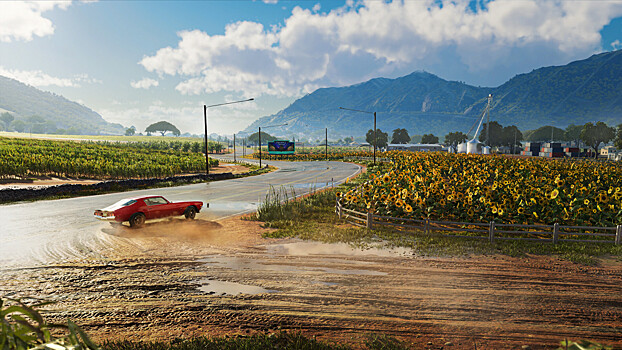The failure of Concord and Stop Killing Games: why 2024 matters for gamers' rights
Since the golden age of digital game distribution, even before the advent of Steam, gamers have been concerned about ownership of the products they purchase. This anxiety used to go hand in hand with an understandable nostalgia for the days of physical media, but now it has a smaller market share. On the contrary, the issue of ownership has become much more acute. PC Gamer Portal explains why 2024 marks a transition period in this regard.

Discussions about the issue of digital copies of games have been going on for a long time, but in recent years they have become more relevant, because… We increasingly see that any copies Any release can disappear. And we're not talking about some small projects, but about major releases where millions of dollars and years of work were spent. The year 2024 gave the industry the clearest example: Sony's Concord lasted 11 days before the publisher blatantly canceled the project.
For context, Concord is a AAA shooter developed with the support of PlayStation, one of the biggest and wealthiest brands in the gaming industry. Even this didn't help the game last longer than two weeks. To the average user, it appears to have never been released.
But Concord is just one example among many. Some games are no longer for sale, others that involve online elements will never come back. Because of this, more and more people are paying attention to the potential problems with owning a digital copy. The debate about preserving releases for future generations may appeal to enthusiasts and industry professionals, but for the general public, there's nothing wrong with buying a AAA title that may not be available. play for another two years. Or at least lose the features the developer promised upon release. Those who bought Suicide Squad won't be jealous for another year (although Rocksteady has promised to introduce an offline mode to the game).
The Stop Killing Games campaign expressed concern about the fate of game services. The reason for the popular initiative is Ubisoft's decision to completely stop supporting The Crew in April this year. The 10-year-old arcade racing game is currently completely unplayable, and the developer has no plans to add an offline mode to the game due to “licensing and server infrastructure restrictions.” Popular YouTuber and gaming fan Ross Scott was so upset by the news that he launched Stop Killing Games.
Scott's idea was that the gaming community needed to create a bulwark against the gaming industry's “attacks on consumer rights and media protections”. According to the plan, Stop Killing Games encourages users to sign online petitions, file complaints with consumer regulators and contact government officials. The legal argument is that video games should be classified as goods – and goods should not be used after purchase.
Some of Stop Killing Games' arguments seem a bit naive. So, Scott proposed filing a class civil lawsuit against Ubisoft: the developer allegedly deceived players, “breaking into their homes and stealing parts from pinball machines.” However, other elements of this initiative could really make a difference if they get the attention of regulators. The petition has so far received more than 400,000 signatures. If it raises one million USD, the EU will have to consider the possibility of banning the closure of multi-user services.
Platforms and publishers have also begun to take public opinion into account. Valve has added a new copyright disclaimer to Steam. GOG did not forget to remind users that all games purchased in the store will be with them forever and no one can take them away. Additionally, the platform has launched its own game preservation initiative, which aims to keep older releases playable on modern platforms – regardless of what publishers think about it. .
In fact, GOG's reforms show that this is not a war between players and the gaming industry. Even many in the industry believe that this problem exists and that something needs to be done about it. Although not all publishers make the situation worse: some understand very well the value of old releases and support activities in this direction with remakes and reissues. act again. Gradually, more and more studios began to see the meaning of collaborating with companies that specialize in updating outdated projects. For example, 2024 was a good year for Nightdive, which released remakes of many classic games – from System Shock to Dark Forces and The Thing.
The idea of owning and preserving digital games brings together many different issues, and the year 2024 has given rise to many conflicting nuances. So now the question of whether Steam users own their games can be answered simply – no, Valve can take them away at any time. And no one will do anything about it.